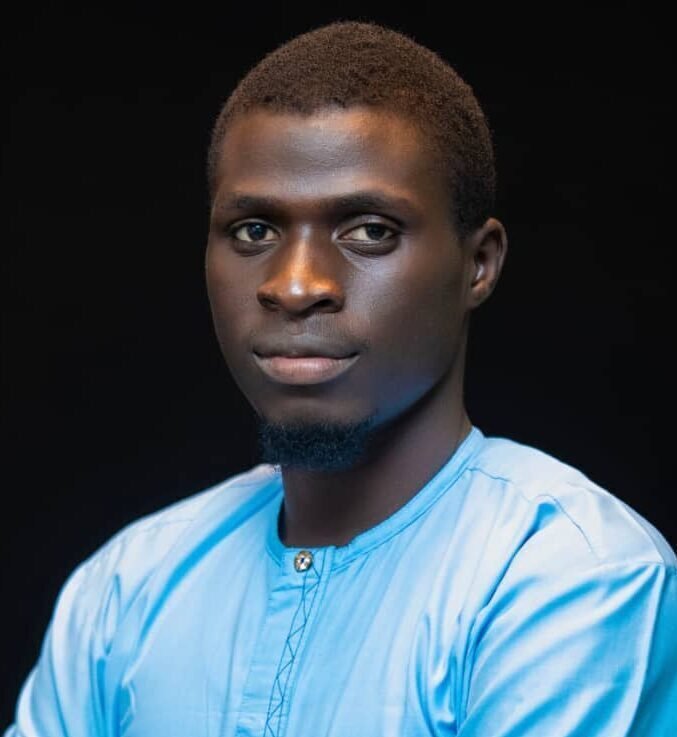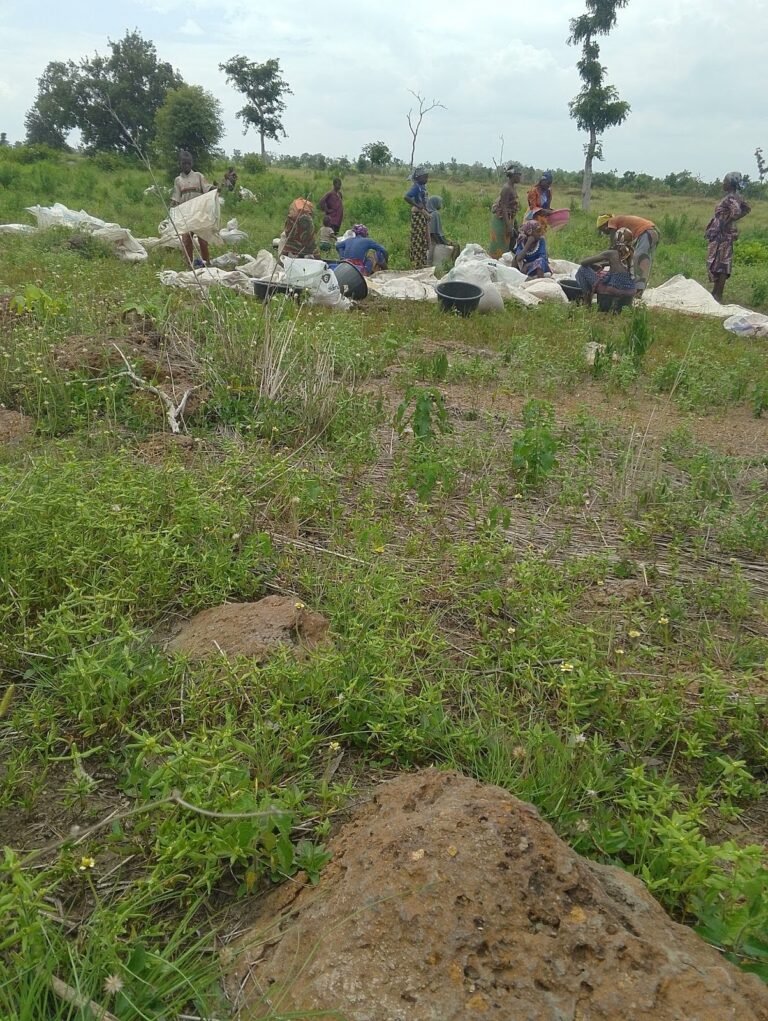When the news of Daniel Ojukwu’s abduction popped up on Darby Divine’s phone screen, his heart almost jumped out of his chest.
The Nigerian police force had arrested Ojukwu, a journalist with the Foundation for Investigative Journalism (FIJ), giving him no access to his family. This was barely a month after the military’s defense intelligence agency unlawfully detained Segun Olatunji, a journalist and editor with FirstNews.
The growing trend of journalists’ arrest and abduction does not just show a decline in press freedom in Nigeria, it also raises serious concerns about the future of journalism in the country. The unseen but expected effect is that aspiring journalists now live in fear, unsure if they should further pursue a career in journalism.
Divine, a second-year student at the University of Uyo, is one of those young people. The wave of unlawful arrests planted seeds of doubt in his mind, thus uncertain about his freedom, should he pursue a career in journalism.
“The intimidation is making it challenging for me to pursue stories that could hold those in power accountable, knowing that doing so might put me at risk of abduction or detention,” said Divine.
Divine’s fear is justified. Data shows accountability journalism in Nigeria and many parts of Africa continues to be under siege. The Committee to Protect Journalists reported that as of December 1, 2022, 363 reporters were behind bars globally, more than ever before. In 2022 alone, Africa saw 56 journalists jailed.
Findings from Space for Change presented Nigeria as the focal point for most press-related issues in West Africa. Out of the 207 reported cases, Nigeria alone accounted for 122 instances of press and media attacks. Between January and August 2023, the country experienced no fewer than 74 press attacks, surpassing the 72 incidents documented in 2019, according to Press Tracker. This alarming trend underscores the growing threat to press freedom in the country, and builds up a threat to the future of journalism in the country.
Bashirat Durojaye, a third-year student studying Mass Communication at Usmanu Danfodiyo University in Sokoto, says the declining level of press freedom in Nigeria makes her anxious about her future. “The security operatives who are meant to protect the rights of every citizen are the ones coming after journalists, arresting and physically abusing some or damaging their instruments. I’m afraid of practicing journalism as a career,” laments Durojaye.
The Scary Data
The latest data on the 2024 World Press Freedom Index by Reporters Without Borders (RSF), a non-profit global organization, ranked Nigeria as one of West Africa’s most dangerous and difficult countries for journalists. The data placed Nigeria 112th of 180 countries with press freedom.
Despite Nigerian President Bola Tinubu’s pledge to safeguard media freedom, there have been 37 incidents of press freedom violations in 2024 alone, according to Press Attack Tracker (PAT), a project of the Centre for Journalism and Innovation Development that tracks, verify and document cases of press freedom violations in Nigeria.
Most of these attacks were carried out by state actors, particularly officers of the Nigerian police force, Nigeria Army, and the Department of State Security (DSS). The pattern of arrest is similar in an abduction-style, bundling up their targets, and denying the victims access to the outer world for days.
The police abducted Daniel Ojukwu the 1st of May by the Intelligence Response Team (IRT) of the Inspector General of Police and held at the State Criminal Investigation Department (SCID), Panti in Lagos, before his relocation to the Nigeria Police Force National Cybercrime Centre (NPF-NCCC) in Abuja. For three days, his whereabouts remained unknown. The police rendered him incommunicado until the reporter’s family later learnt about his detention at Panti, an area in Lagos.
Ojukwu was denied access to legal representation for several days in violation of section 36 of the Nigerian constitution.
Like Ojukwu, Police detained Segun Olatunji, FirstNews editor, for 13 days in violation of section 35 of the Constitution that forbids the detention of any suspect beyond 48 hours.
Faiza Jibrin, a final year student of Mass Communication at the University of Maiduguri saw the constant harassment and intimidation of journalists in Nigeria and became uninspired of what the media space is becoming in the country. The feeling is mutual for her colleague, Ruqaiyatu Idris, a final year student of Mass Communication at the same university. The students said their passion for investigative journalism has began to dwindle.
Just as students are afraid of mainstream journalism, Fawaz Adebisi, a year one higher level student of Moshood Abiola Polytechnic, said the news of press attacks have caused him a stigma, making him insecure to pursue stories within the campus.
Lekan Otunfodurin, the Executive Director of Media Career Development Network, admitted that aspiring journalists who live in fear have a cause to do so. However, he stated, the current happenings in the journalism ecosystem in Nigeria should not be used as a yardstick to access the profession, adding that every profession has its own shortcomings.
“They [the student journalists] need to understand that these are part of the hazards of the job. It should not be used to access journalism as a whole,” said Mr Otunfodurin.
Journalism—Not A Crime
Section 22 of the Nigerian constitution empowers the media to act as a critical watchdog, holding the government accountable and providing citizens with the information they need to make informed decisions.
Also, Article 19 of the Universal Declaration of Human Rights guarantees the freedom of expression, including ensuring freedom for the media around the world. According to the United Nations, independent, free and pluralistic media are central to good governance in democracies that are young and old.
However, despite the provision of the constitution and international treaties safeguarding press freedom in the country, the attacks against journalists and media houses keep being on the rise.
“It needs to be clear to everybody that we need journalism to promote democracy,” said Mr Otunfodurin. He continued: “We need people who are bold enough to want to hold the government accountable and practice journalism in a way that can be helpful to the development of this country.”
Tosin Omoniyi, an editor with Premium Times, an online multimedia newspaper in Nigeria, said it is high time the National Orientation Agency and Ministry of Information started sensitizing Nigerians, especially the security officers on the role of the media. People need to know that journalists should be respected and be allowed to practice without any fear, as this is necessary to secure and guarantee the future of journalism in Nigeria, he noted.















